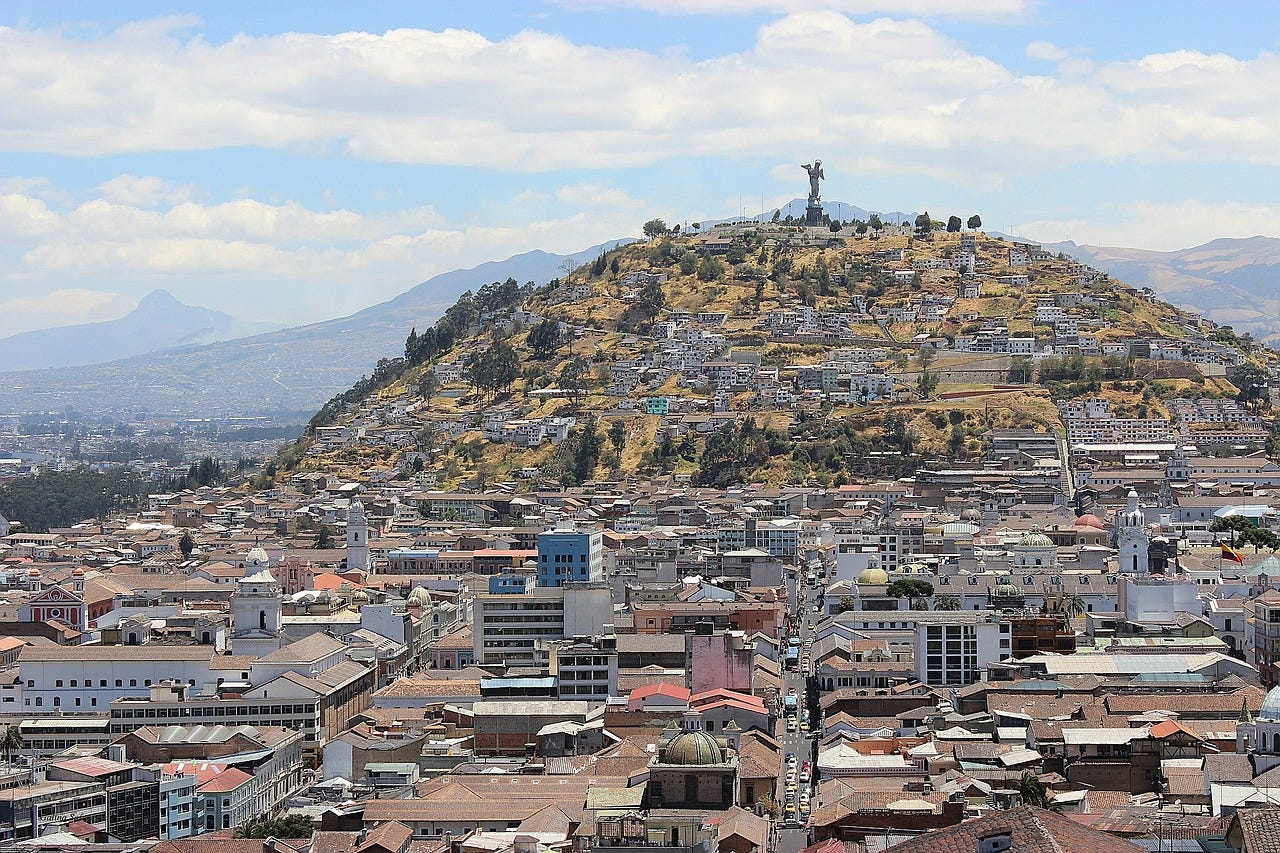Week 21: Wealthy Nations Profiting from Climate Finance at the Expense of Developing Countries
Dear all,
This is the choice we have made. Your friend and several other residents on the lower floors had their homes destroyed by flooding caused by unexpected and severe rains, a result of the climate crisis. In a courageous show of solidarity, the homeowners convene a meeting to discuss how to address the damage and prepare for the increasingly violent future that all agree lies ahead. Following one of these meetings, a communique is distributed, stating that those of us on the upper floors will provide financial aid to the lower floor residents impacted by the disaster. However, the fine print makes it clear that this aid is contingent upon the affected homeowners using repair and mitigation services offered by the upper floor residents. These upper floor owners, including us, can secure loans at lower interest rates due to our unaffected assets and creditworthiness. We then lend this money to the desperate lower floor residents, ostensibly in a show of unity. The injustice of this setup is stark: the lower floor residents not only have to pay us higher interest rates, but they are also required to purchase our services to recover from the disaster. This is the path we have chosen.
In 2017, France provided a $118.6 million non-concessional loan to Guayaquil, a port city in Ecuador, for the construction of an aerial tramway. France counted this loan towards its climate finance commitments. However, this global program often results in costly debt for developing nations with minimal environmental benefits, while the lending countries gain financially. The tramway, known as the Aerovia, was intended to be a climate-friendly solution to the traffic congestion on bridges connecting Guayaquil to a nearby city where many workers reside. Four years after its launch, the Aerovia only transported about 8,300 passengers daily, far below the projected ridership, leading to lower-than-expected revenue and environmental impact. The debt from the loan has contributed to Guayaquil’s $124 million budget deficit. Initially, Guayaquil was expected to pay 5.88% interest, with France projected to earn $76 million in interest over the 20-year repayment period. This interest rate is unusually high for a climate-related loan; in contrast, a 2023 OECD analysis showed that concessional loans from 12 developed countries and the European Union had an average interest rate of 0.7% in 2020. Both Guayaquil and France declined to disclose the final interest rate for the tramway loan. The contract to build the tramway was awarded to French transportation company Poma and Panamanian company SOFRATESA, founded by a French citizen. These companies also operate the tramway, so the municipality does not collect revenue from passenger fares to repay the loan. Nearly all components of the Aerovia were manufactured in France and Switzerland and shipped to Guayaquil. Despite this, France’s development agency highlighted the success of French companies in securing such contracts. In its 2022 annual report, the agency noted that over 71% of its projects involved at least one French economic actor, generating 2 billion euros in economic benefits. The agency claimed that French companies often win bids due to their expertise and local presence in areas receiving significant aid, insisting it does not favor companies based on nationality.
Wealthy nations such as Japan, France, Germany, and the United States are profiting significantly from a global program intended to help developing countries manage the impacts of climate change, according to a Reuters review of UN and OECD data. These financial gains come from developed countries' commitments to contribute $100 billion annually to assist poorer nations in reducing emissions and coping with extreme weather. However, by redirecting funds from this program back into their own economies, these wealthy countries contradict the widely accepted principle that they should compensate poorer nations for the long-term pollution that caused climate change. Over a dozen climate finance analysts, activists, and former climate officials and negotiators highlighted this issue to Reuters.
Keep reading with a 7-day free trial
Subscribe to ESG on a Sunday to keep reading this post and get 7 days of free access to the full post archives.



